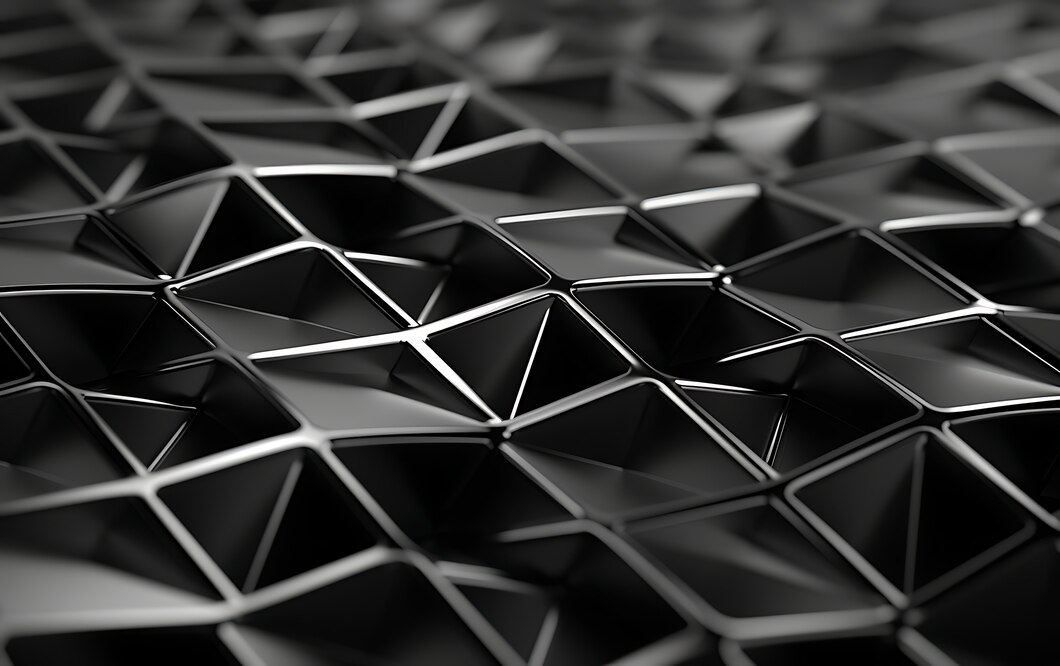Metal is employed in industry for a variety of reasons. Why? By virtue of its prominent strength, adaptability, and solidness. It permits us to make sturdy, reliable railings and solid roof covers. Regardless of the metal’s numerous applications, how about we look at its assortments, benefits, and impediments? In this way, you will be able to choose more easily depending on the purpose of your use.
Metal types, advantages, and disadvantages
As we already know, metal has many types. While we may be aware of some types, we might not even be aware of others. In general, they fall into two general categories: ferrous and non-ferrous.
Since they contain iron, ferrous metals are solid and tough and are comprehensively utilized in numerous sorts of development, including industry.
Non-ferrous metals are typically more prone to corrosion and do not contain iron. They are popular and lightweight when the construction’s weight is important.
In this way, beneath we will talk about the general benefits and impediments of ferrous and non-ferrous metals in modern applications.
Metal advantages
- Exceptional Durability: The metal has been used for years in industry and construction because of its extraordinary strength, regardless of type. In this class belong metals such as steel (ferrous metals) and titanium (non-ferrous metal).
- Longevity: Along with strength, metals are also incredibly durable and can withstand even the harshest weather conditions. This is one of the most crucial features in the industry because it doesn’t break easily and lasts a long time. Besides, they can absorb a ton of energy, which has applications for prosperity in the turn of events and auto endeavors.
- Heat resistance: Metals retain their structural integrity even when subjected to extremely high or low temperatures. Due to this benefit, they are easily used for the most effective purposes: roof structures, hangars, railings, etc.
Disadvantages
- Corrosion: Among the metal family, rust and corrosion are most common in steel and iron. The primary cause of this is humidity. Over time, rust and corrosion affect the integrity of the metal, weakening the structure.
- More complex processing: The processing of metal construction typically calls for a unique strategy and specialized tools, which are in charge of the excellent quality and faultless end product.
- Value: High-quality production can be more costly since the processed metal has undergone a special and specialized production process. On the other hand, collaboration with reputable businesses that provide fair prices for services (such as railings, hangars, and roofing) is also essential.
The general benefits and drawbacks of metals can be explained as follows. But we also want to discuss a few common metal types, and their advantages and disadvantages.
Stainless steel
Stainless steel is used in various fields, for example, both in construction and in the production of kitchen utensils.
- Advantages։ The chromium oxide layer on stainless steel keeps the metal from corroding. This advantage makes it an excellent choice for installation in high-humidity environments. Additionally, it can withstand temperatures ranging from -200°C to 2,000°C.
- Disadvantages: Given the extra layer of chromium, stainless steel has a higher value. On the other hand, the high cost indicates quality rather than being a drawback. And if we value the construction’s longevity, quality is among the most crucial investments.
Brass
Brass is an alloy of several metals, including zinc, iron, lead, etc. It is used in pipe manufacturing, ornamental building materials, etc.
- Advantages: Brass is mainly resistant to rust and corrosion, that’s why it is used in pipe manufacturing. It is strong and durable and is also widely used for metalworking and construction. The fact that brass can be recycled without losing quality is by far its greatest benefit.
- Disadvantages: Although it is a durable metal, it can rust in some cases. This is caused by the humidity, particularly in cases where the composition is acidic. It is also susceptible to alkaline and salty water.
Metal construction companies near me
The method of metal processing depends on how you will use it in construction. If you’re looking to obtain metal railings, for instance, the All Metal Constructions metal construction company uses paints, fasteners, raw materials, and stainless steel and aluminum in addition to other metal construction materials that meet international standards. The size and design of the handrails depend on your own preference and the dimensions of your structure.
A specialized approach is also important in metal processing, which is to ensure the high quality of the finished product. Therefore, when processing metal types, the company shows a professional approach, using Italian, German, and Chinese machines.
Conclusion։ All Metal Constructions as your near metal construction company
Metal is a reliable and strong material that has wide applications, including industry. The advantages and disadvantages discussed above will allow you to choose the right type of metal for your project. Contact All Metal Constructions to entrust metal processing to experts.

